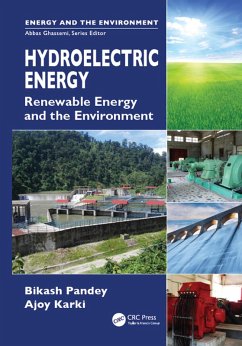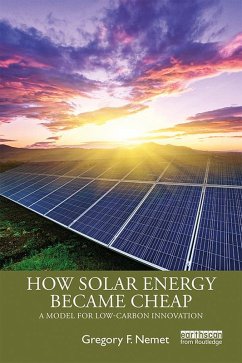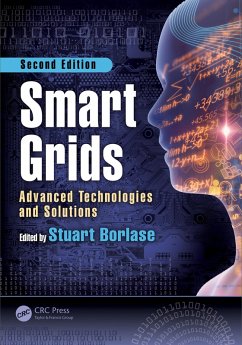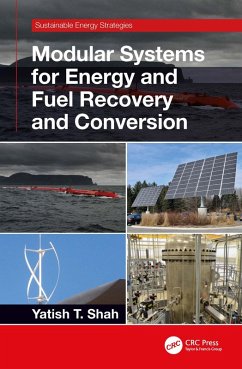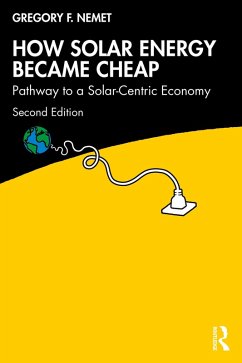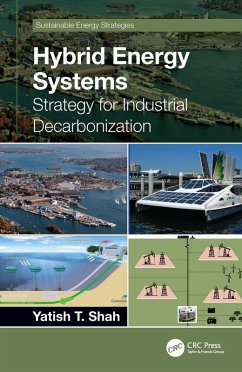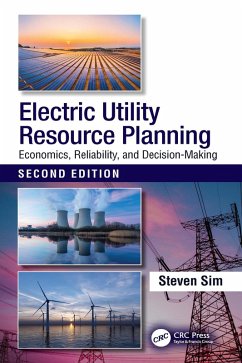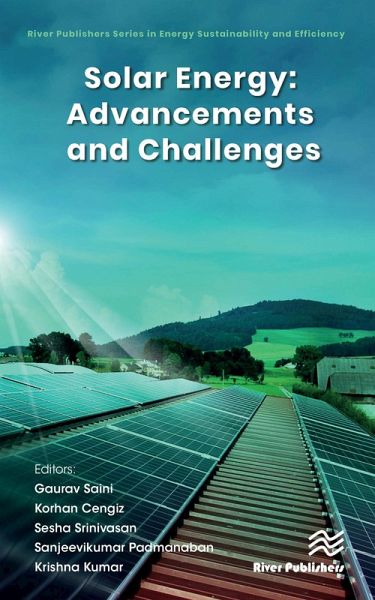
Solar Energy: Advancements and Challenges (eBook, PDF)
Versandkostenfrei!
Sofort per Download lieferbar
95,95 €
inkl. MwSt.
Weitere Ausgaben:

PAYBACK Punkte
48 °P sammeln!
Energy is a key source of economic growth due to its involvement as the primary input. Energy drives economic productivity and industrial growth. It can be considered as the prime requirement for the modern economy. Solar energy is a renewable source of energy that can be used to produce heat or generate electricity. The total amount of solar energy available on Earth's surface is vastly in excess of the world's current and anticipated energy requirements. In the 21st century, solar energy is expected to become increasingly attractive as a renewable energy source. An increase in the share of s...
Energy is a key source of economic growth due to its involvement as the primary input. Energy drives economic productivity and industrial growth. It can be considered as the prime requirement for the modern economy. Solar energy is a renewable source of energy that can be used to produce heat or generate electricity. The total amount of solar energy available on Earth's surface is vastly in excess of the world's current and anticipated energy requirements. In the 21st century, solar energy is expected to become increasingly attractive as a renewable energy source. An increase in the share of solar energy may destabilize the grid. To overcome the issues of grid instability, specifically in remote areas, BIM and GIS-based microgrid planning based on data can be effectively used. BIM and GIS are used to assess alternative solutions and big data analytics in building solar electrical systems according to planning requirements and managing assets. The integration of BIM and GIS information systems for microgrid planning is appealing due to its potential benefits, such as it decreases the microgrid planning time and cost.
The present book is about the advancements in technology for harnessing solar energy and the challenges associated with different modes of utilizing this inexhaustible renewable energy source. This book will be helpful for researchers, academicians, technologists, innovators, and industry experts working in the area of solar energy, artificial intelligence, and smart grids.
The present book is about the advancements in technology for harnessing solar energy and the challenges associated with different modes of utilizing this inexhaustible renewable energy source. This book will be helpful for researchers, academicians, technologists, innovators, and industry experts working in the area of solar energy, artificial intelligence, and smart grids.
Dieser Download kann aus rechtlichen Gründen nur mit Rechnungsadresse in A, B, BG, CY, CZ, D, DK, EW, E, FIN, F, GR, HR, H, IRL, I, LT, L, LR, M, NL, PL, P, R, S, SLO, SK ausgeliefert werden.





